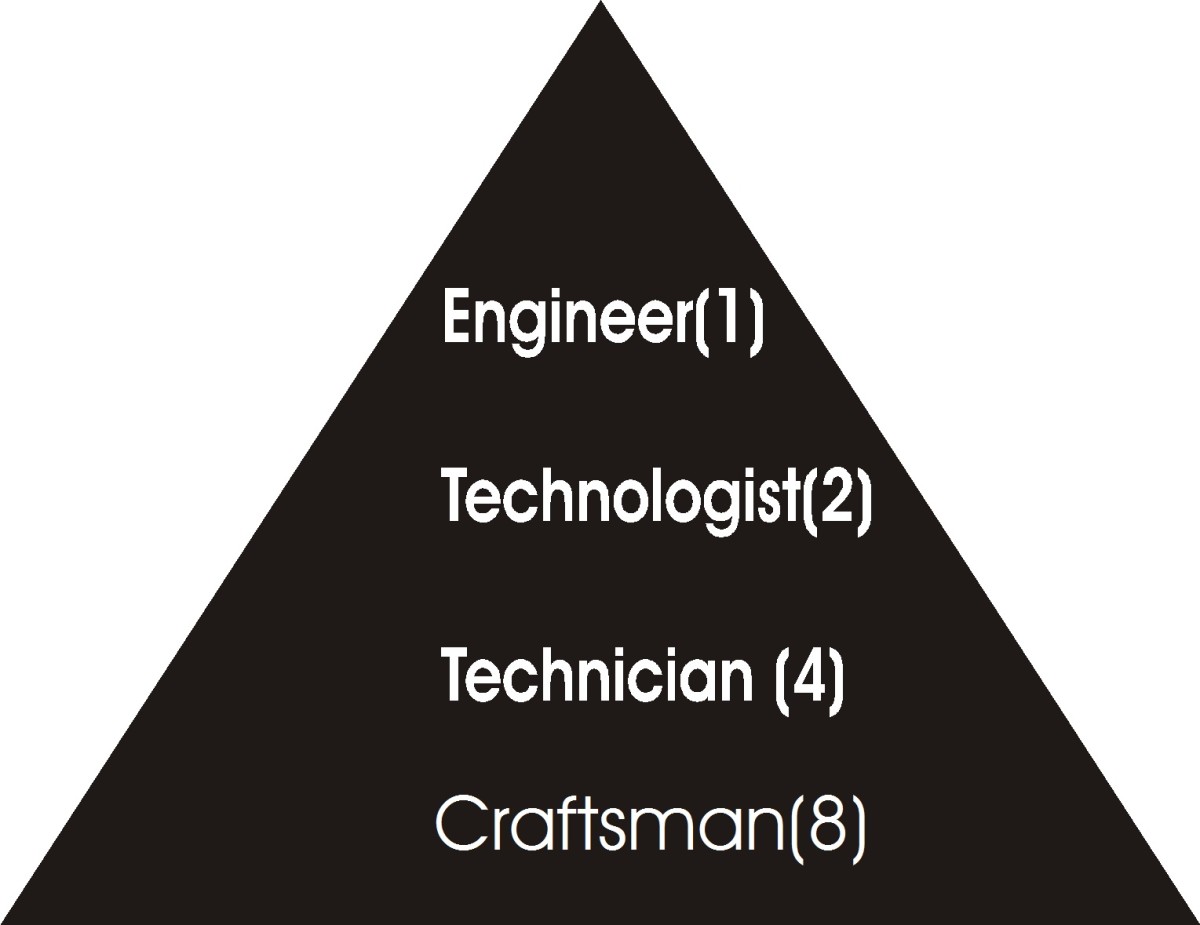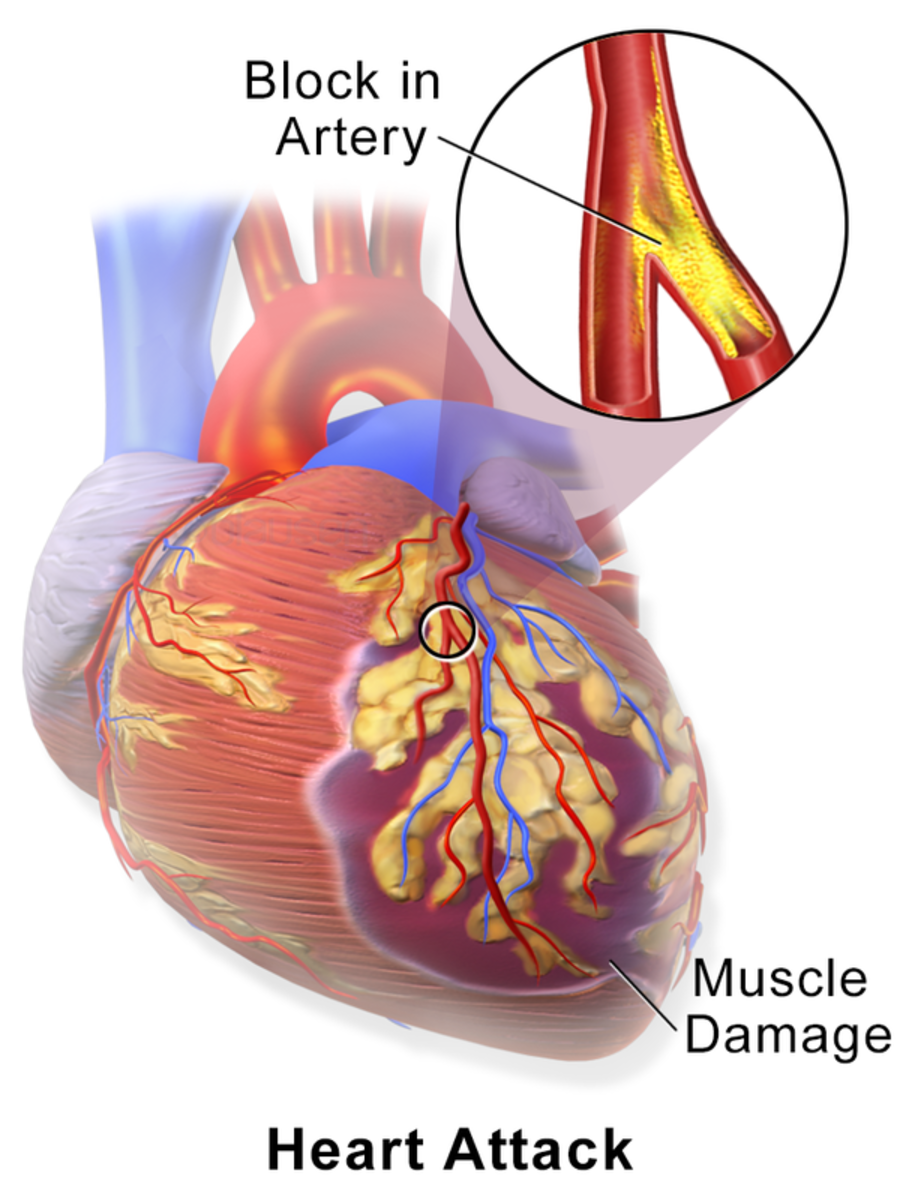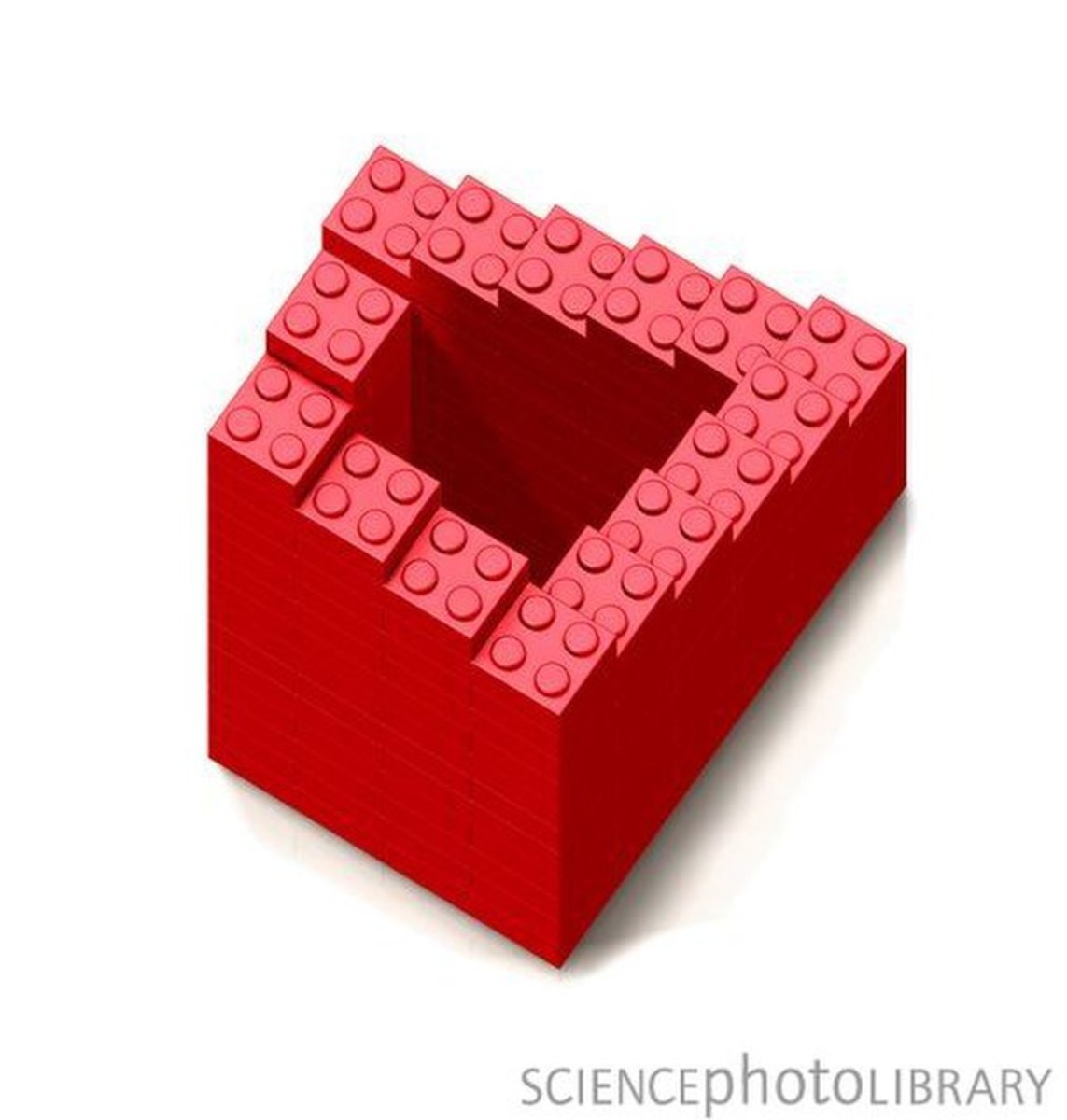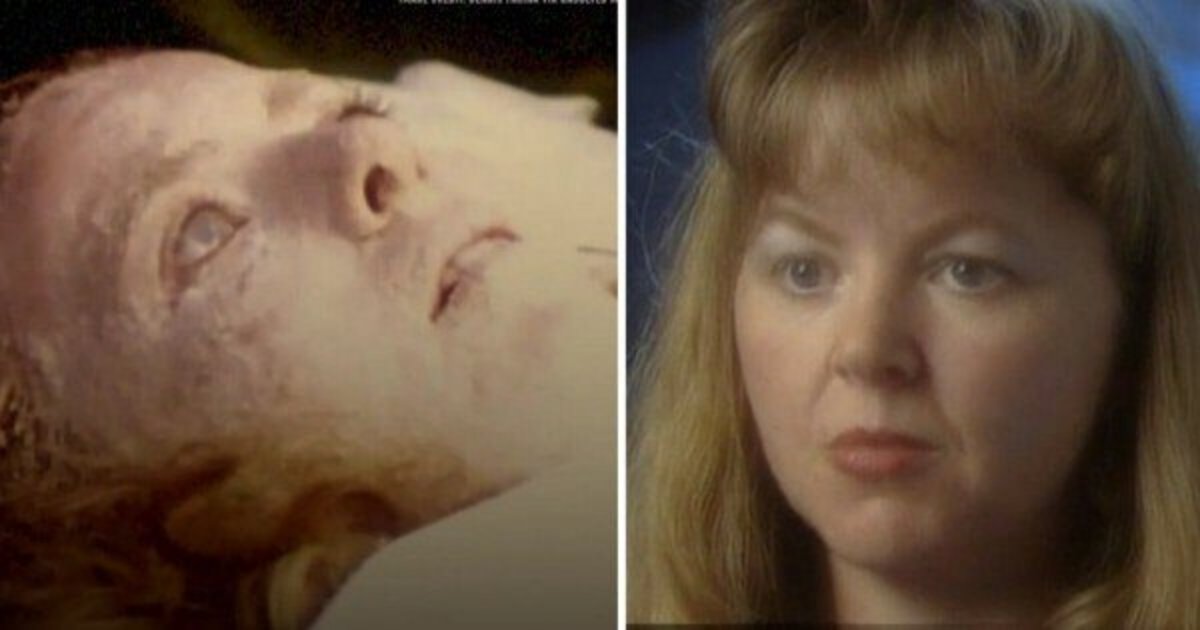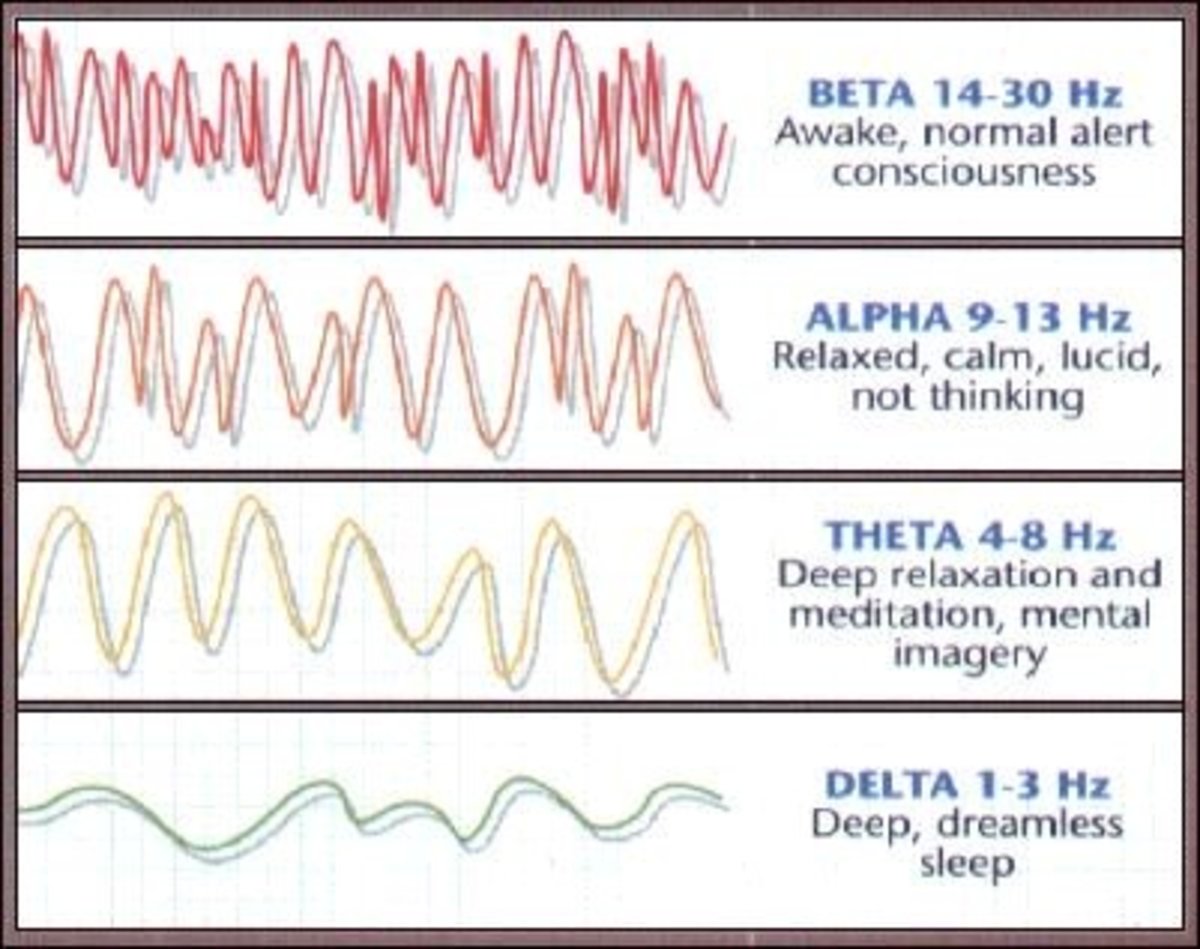Skills Needed to Be a Successful Cardiovascular Technologist
Introduction
There are a broad range of professions within the field of medicine alone. Due to the many specialty fields that exist within the field of medicine, it can be rather difficult for some to choose a particular specialty to study in school. With a good portion of the United States population and populations of other countries aging and heart disease becoming a prominent cause of death (leading cause of death in the U.S.), the demand for healthcare professionals will be ever increasing. Because of heart disease being the number one cause of death in the United States, the number of medical jobs available are expected to increase greatly. Job availability in the field of cardiovascular technology is expected to grow by approximately 30% between 2012 and 2022.
As for any allied health care profession, having a sympathetic heart and being able to enjoy helping others (without it feeling taxing) are mandatory in order to be a successful and happy healthcare worker. At the same time, an individual should have a strong aptitude for life sciences (biology, anatomy & physiology, chemistry, etc.). With increases of job availability and the general healthcare career requirements put aside, a certain set of skills and personality traits are required in order to be a successful cardiovascular technologist.
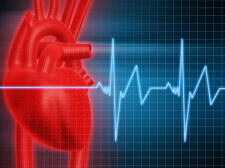
Having a family history of heart disease is golden
As ironic as it may seem, many of the best cardiovascular technologists have a family history of heart disease. Cardiovascular technologists who have a family history of heart disease (or even a family member who died from heart disease) are the most able to empathize with patients suffering from heart disease. While everyone has their own reasons for pursuing a specific career path, the most passionate (and therefore the best) employees are the ones who are able to relate with the ones they are serving the most. In a sense, a cardiovascular technologist who has a family member currently (or was) suffering from heart disease is more likely to treat a patient like they would their suffering loved one than someone who is unable to relate with their patients. Otherwise, pursuing a career path simply because the potential earnings sound appealing will make one miserable, and therefore less likely to be as good of a worker.
A (semi) outgoing personality is ideal
As with any clinical healthcare career, cardiovascular technologists interact with patients on a day-by-day basis. Due to the social nature involved in cardiovascular technology, it is ideal to enjoy some interaction with people. The amount of patient interaction a cardiovascular technician has on a regular basis depends on whether they become an invasive or noninvasive specialist. Invasive specialists tend to work in groups with other cath lab specialists and cardiologists side-by-side and do speak to patients before, during, and after a procedure. Noninvasive specialists however tend to be one-on-one with patients for on average about 30 minutes or so (depending on the procedure) and work under minimal supervision.
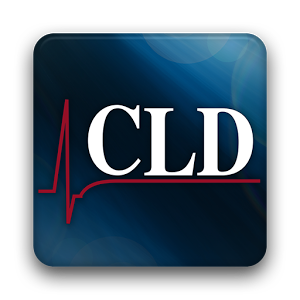
Be flexible and open towards change
Being open towards changes and the upcoming of new technologies is necessary in any specialized field, and cardiovascular technology is no different. Healthcare workers in some of the more generalized fields, such as nursing (although nursing can be specialized by working in a specific department) will not have the time or resources necessary in order to keep up with the ever-changing nature of specialty fields. Therefore, it is the specialists' job to keep up with the newest developments in their field of expertise (in the case of cardiovascular technologists, in cardiology). In many specialty areas (outside of cardiovascular technology), taking tests or other continuing education classes to maintain certification is mandatory. In the case for cardiovascular technology specialists, one way to keep up with the latest changes in their field is by subscribing to magazines, such as Cath Lab Digest (for invasive specialists) which is a print magazine that is free of charge even for cardiovascular technology students. Someone could also subscribe to Journal of the American Society of Echocardiography (JASE) if they are interested in the noninvasive route (does cost money however).
If keeping up with recent developments on a regular basis and new discoveries sounds exhausting or otherwise impractical, you may want to consider a career in a more generalized field.
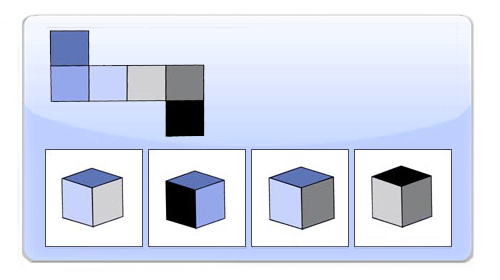
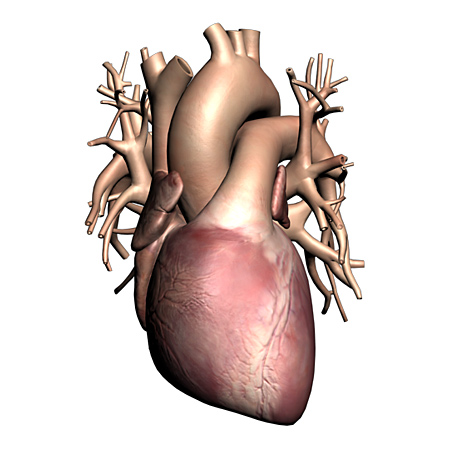
Spatial reasoning capability is a big bonus
Because medical careers in any diagnostic technology field are highly visual, it is very useful (as a matter of fact is necessary) to have spatial reasoning skills. The work involved with all medical diagnostic technology fields is highly visual, so being able to picture body organs in 3D and also being capable of differentiating between deep and shallow, big from small, etc. on a diagnostic image are all part of the job. Being able to think of the heart in a multi-dimensional fashion (as opposed to a flat piece of paper perspective) helps one to understand what is happening in cardiac diagnostic images.
Unfortunately, creative abilities are rather undermined and deemed "inferior" to mathematical and verbal reasoning skills in the world of education. This may be due to having a difficult time on the instructors' part to standardize the teachings of creative abilities, and also because of the more hands-on nature of learning creative skills (meaning more resources and therefore more funding). It could be also partially due to the fact physical labor is often under-glorified in society The capabilities to think in 3D and to otherwise be capable of thinking outside of the box are barely taught in schools as a result of this mindset. Simple memorization of the anatomical body planes in a 2D fashion does not help to grasp the 3D concepts appropriately (a linear approach to a nonlinear concept is only going to lead to confusion).
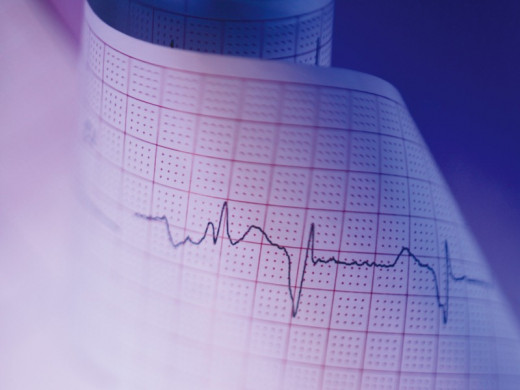
It's all in the fine details
A good majority of the work in any diagnostic medical field is more abstract in nature than some other medical fields. At the same time, it is imperative for someone to be able to pay attention to the fine details in their work. Sometimes there are subtle differences in diagnostic images that are require a keen eye for detail to properly detect. It is also imperative to be able to tell the difference between a genuine positive for a disease state and a false positive from poor quality imaging. A patient's medical condition seriously depends on a healthcare providers' competence, so being a detail-oriented person is a must-have trait of a successful cardiovascular technologist.
Getting nauseated at the sight of blood is a no go
Due to the nature of many clinical type jobs, there will be some exposure to blood. Invasive specialists will see more blood than noninvasive specialists, although being able to handle the sight of blood is a must. The amount of blood cardiovascular technologist are exposed to is generally minimal however. Regardless of how much potential blood a cardiovascular technologist can be exposed to, if the very thought of blood makes you feel nauseated or dizzy, this career may not be the field for you.
Invasive or noninvasive: what is the difference?
There are essentially two main tracks or paths in cardiovascular technology: invasive and noninvasive. Cardiovascular technologists both work with cardiologists to assist in the diagnosing and treatment of cardiovascular diseases. The difference between the two main tracks is in the methods used to assist cardiologists in diagnosing and treating cardiac disease.
Invasive specialists work with other invasive specialists and cardiologists in treating cardiovascular diseases within cath labs, sometimes when a patient is experiencing a myocardial infarction (medical term for heart attack). They also are responsible for preparing patients for each procedure, and may administer medications under the direct supervision of the physician.
Noninvasive specialists use primarily ultrasound technology to perform various diagnostic procedures (mainly echocardiogram) to create diagnostic images. These specialists typically work one-on-one with patients in a private room, although may perform procedures such as a transthoracic or transesophogeal echocardiogram in the presence of a cardiologist (typically after the patient has been sedated). Vascular technology involves analyzing blood flow abnormalities throughout the body using ultrasound technology. Sometimes vascular technology is advertised as a third track of cardiovascular technology; however, vascular technologists get accredited from the same credentialing agency as noninvasive specialists, the American Registry for Diagnostic Medical Sonography (ARDMS). It is more of a sub-specialty of noninvasive cardiovascular technology, as opposed to a completely independent track.
Education Requirements and Salary in a Nutshell
Education: 2-4 years plus certification. Some employers do not require certification, although most do.
Salary: Depending on experience, accreditation status, and place of employment, the pay for a cardiovascular technologist starts at approximately $13.60/hour (bottom 10%), a median of around $25.55/hour, and with the top earners getting about $48.75/hour.
Job Outlook: The expected percent change in employment between 2012 and 2022 for cardiovascular technologists and technicians is about 30%, much faster than the average.
Summary
Having an aptitude for anatomy & physiology as well as other life sciences, possessing critical thinking skills, being a naturally compassionate person who can empathize with their patients are necessary characteristics for any healthcare profession. For cardiovascular technology in particular, being able to relate with patients because of a family history with heart disease is a big bonus as far as developing better patient relations (and approach to a patient's treatment) goes. Due to the direct patient contact cardiovascular technologists of either track have, an ideal cardiovascular technologist should have an at least somewhat outgoing personality. Having a creative personality and capability to think in 3D are hugely under-appreciated pluses to have in any medical diagnostic career (is safe to say is absolutely necessary in fact).
This career may not be for you if you find having to consistently re-educate yourself to maintain certification and keep up with new developments in a field sounds like a waste of time, or if the very thought of seeing blood makes you cringe. Having an eye for detail is also a key trait of all successful cardiovascular technologists. Please read my articles regarding whether invasive or noninvasive cardiovascular technology is more ideal for you if you are considering pursuing a career in this field.


